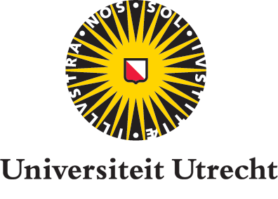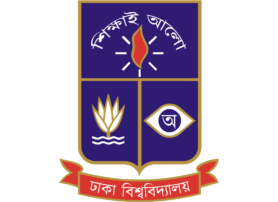Assessment and optimization of MAR system governance
General outline
Guaranteeing good local governance of MAR is crucial. MAR governance can be framed as an example of co-production, a form of public service provision through regular, long-term relationships between state agencies and organized groups of citizens. Research suggests that successful co-production arrangements depend on (i) citizens having the capacity to overcome collective action dilemmas, (ii) state agencies having the capacity to implement service delivery schemes, and (iii) all actors having the means and incentives to engage in meaningful interaction. It remains largely unknown what determines (i) collective action potential at the user group level, and (ii) form and extent of interaction between service providers and local water users.
People
- Md. Badrul Hasan
- Frank van Laerhoven
- Shantanu Majumder
This PhD research project is executed by Md. Badrul Hasan, under the supervision of Dr. Frank van Laerhoven and Dr. Shantanu Majumder
Scientific output
- Hasan, M. B., Driessen, P. P., Majumder, S., Zoomers, A., & Van Laerhoven, F. (2020). A community management plus model for the governance of rural drinking water systems: A comparative case study of Pond Sand Filter systems in Bangladesh. International Journal of the Commons 14(1). 662–679
- Hasan, M. B., Driessen, P., Zoomers, A., & Van Laerhoven, F. (2020). How can NGOs support collective action among the users of rural drinking water systems? A case study of Managed Aquifer Recharge (MAR) systems in Bangladesh. World Development, 126, 104710.
- Hasan, M. B., Driessen, P. P., Majumder, S., Zoomers, A., & Van Laerhoven, F. (2019). Factors Affecting Consumption of Water from a Newly Introduced Safe Drinking Water System: The Case of Managed Aquifer Recharge (MAR) Systems in Bangladesh. Water, 11(12), 2459.
- Hasan, M.B. (2020): Community Management Plus. Presented at the Access to Drinking Water Webinar: co-creation in Africa #SDG6. Technical University Delft, 26 November, 2020 (see video, below)








